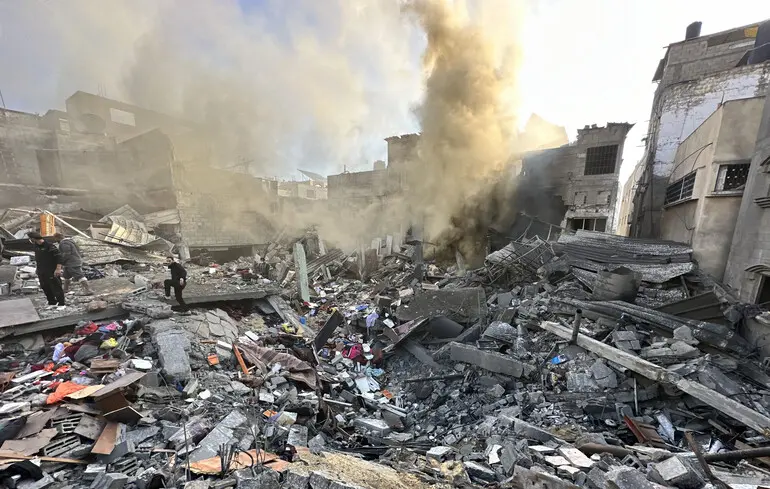Journalist death in Gaza: allegations and the reality of conflict

A tragic event unfolded in Gaza as 28-year-old Al Jazeera journalist Anas Al-Sharif was killed during an airstrike carried out by Israeli forces.
According to the Israeli military, he was allegedly the leader of a local Hamas cell, responsible for rocket attacks against Israeli civilians and soldiers, with evidence obtained from intelligence data and documents discovered in Gaza.
However, international journalists and human rights organizations dismiss these claims, emphasizing that no credible proof has been provided, suggesting the journalist’s death might be another targeted attack on the press.
Alongside Al-Sharif, three other journalists — Mohammed Kreike, Ibrahim Zaher, and Mohammed Nufal — were killed in a strike on a tent near Shifa Hospital in eastern Gaza.
Two more people sustained fatal injuries.
Witnesses and medical staff indicate that the attack was deliberate and aimed at silencing journalists reporting on the ongoing humanitarian crisis.
The international community has expressed deep concern, highlighting that Al-Sharif’s reports documented the realities of conflict under dangerous conditions.
Prior to his death, he posted a message on social media describing an intense two-hour bombardment of Gaza, reaffirming his commitment to truth and courageous reporting despite the risks.
In his final message, he said: “I have never hesitated to tell the truth as it is, hoping that God witnesses those who remain silent.” Al-Jazeera recognized him as one of Gaza’s most courageous journalists and condemned the strike as an attempt to silence voices before a possible invasion.
Hamas suggested that killing journalists might signal the beginning of a new Israeli offensive.
The incident has provoked widespread international reactions, with many viewing it as a sign of escalating violence and a potential prelude to a large-scale Israeli operation in Gaza.
Israeli Prime Minister Benjamin Netanyahu previously announced a new phase of military actions aimed at destroying Hamas positions in the region, which is experiencing a worsening food crisis after 22 months of conflict.

